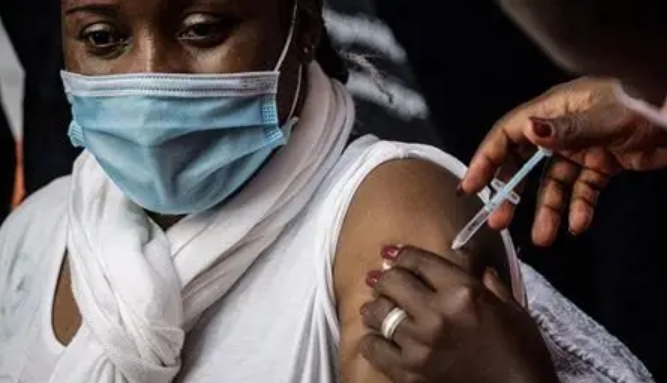Korea's IVI forges partnership with Bio Investments Group to accelerate vaccine self-reliance in Africa and the Middle East
July 11, 2025 | Friday | News
Collaboration is expected to significantly contribute to Africa's public health agenda

image credit- shutterstock
The Bio Investments Group AG (BIG), a Swiss healthcare-technology transfer platform, and South Korea-headquartered International Vaccine Institute (IVI), have announced the signing of a Memorandum of Understanding (MoU) to establish a strategic collaboration aimed at accelerating local vaccine manufacturing, clinical evidence generation, and capacity building across Africa and the Middle East.
This partnership underscores a shared vision to enhance global health security by fostering vaccine self-reliance in emerging markets, aligning BIG's execution and investment capabilities with IVI's technical guidance and global vaccine research, development, and regulatory expertise.
Key Areas of Cooperation under the MoU include:
- Local Manufacturing & Technology Transfer: IVI will provide technical expertise and regulatory support to facilitate WHO prequalification for locally manufactured products, while BIG will lead infrastructure development and technology transfer execution, ensuring efficient, high-quality local vaccine production in Africa.
- Clinical Development & Data Generation: IVI will coordinate clinical trials, effectiveness studies, and safety research in Africa to generate the necessary evidence base for vaccine introduction and public-sector adoption, with BIG supporting industrial engagement and market access strategies.
- Capacity Building & Vaccine Self-Reliance: IVI will offer training programmes and technical assistance to develop local expertise, supporting public-private partnerships for vaccine self-reliance. BIG will invest in physical infrastructure, such as Centers of Excellence, and collaborate on vaccine security strategies, aiming to build a sustainable local workforce and establish regional leadership in vaccine manufacturing.
This collaboration is expected to significantly contribute to Africa's public health agenda by fostering a robust and resilient vaccine ecosystem, reducing reliance on imports, and strengthening regional preparedness for future health challenges.





